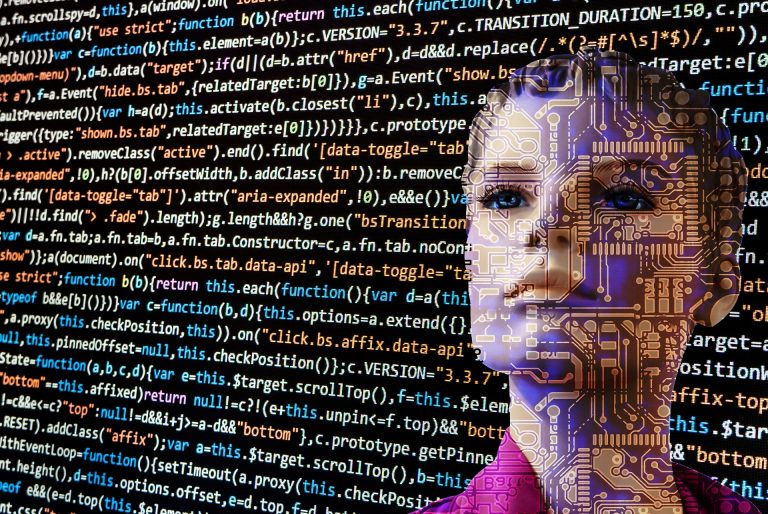COVID-19 has turned the world upside down. Employees and larger organizations were left in a state of shock, at beginning of March 2020, when every nation announced its shutdown plans. Organizations had to find alternative solutions to carry on business. As, a result, COVID 19, created a major cultural shift, where companies such as Twitter and Square made a change, by offering their employees a permanent positions as home worker. Now, Workers need to adapt to a new way of life and work.
Life as we know it has now changed. The lives of everyday working people had changed. No more hustle-bustle. No more fighting for a seat on the train. No more traffic. No more rushing to work on time. Best of all, no more 9 to 5. Now, we find ourselves in a luxury work environment, where we can work in our PJs, we can take breaks whenever we want, and best of all, nobody sees us at all during the day.
What effects could this new work culture have on youngster? and their future work ethics?

Any new employee will attest that the first six months of any job are crucial. Adapting to a new company, environment or working style is normally, established in this time frame. This is why most companies establish a trial period of employment for six months before offering a more permanent position. One of the key factors that every employer looks for, is how each employee will fit into the work team. Are they social? Do they work well in teams? Overall, will the team get along well? It is a well known factor, that working together in teams provides better results and job satisfaction. Workers feel part of a family, and as a result, enjoy socialization with fellow workers. Life seems more enjoyable and many employers have reported that a happy worker is a productive worker.
This new trend may present many challenges for organizations, such as finding the right work-life balance, choosing the right technology to help get the work done, and managing remote employees. In addition, if organizations will find difficulty in managing their workers. How will this new trend affect productivity?
What will our future be like?

This new trend may be advantageous to seasoned workers, who are perhaps in the late stages of their careers and a work from home situation may be appealing to them. What about the youngster, that are out of university and starting their careers, and facing the possibility of working from home permanently. After having interviewed several young workers, they reported that they normally felt lost, in the first six months of work. There was no support and the virtual assistance, they received was unsatisfactory. In addition, They felt extremely lonely. Some indicated, that they felt dissatisfied with their work and admitted to having moments of depression and frustration.
The author is of the opinion, that, this new trend may create a generation of young minds that believe that, since they are not being observed by their employers they can do what they please. Thus, they don’t need to follow any rules. Since workers will be left to their own devices, we maybe faced with a downturn of employee’s work ethics. Professionalism, high levels of productivity, teamwork and cooperation, maybe a thing of the past. Instead, we are facing missed deadlines, uncompleted work, and low -quality of work. Ultimately, it can lead to lack of discipline, and morality for future generations.
How will this new trend affect GenZ and future generations?

Socialization is the bases of our life. We are happy when we are among people and shared experiences is what gives meaning to our lives. Now, we are faced with social distancing and permanent work-at-home situations. The author is of the opinion, that, if the trend continues, we may be faced with a future of dysfunctional and anti-social behavior not only among the GenZ but also, future generations. Future generations may become, if not already a ” ME” centered culture. As a result, fewer people will consider marriage and children and perhaps suicide rates may increase due to dissatisfaction with life. In essence, we may, in fact, become a generation, relying upon robots, not only in our work environment but also as a form of companionship. We may, in fact, be heading towards a lifestyle, as portrayed in the film IROBOT.






